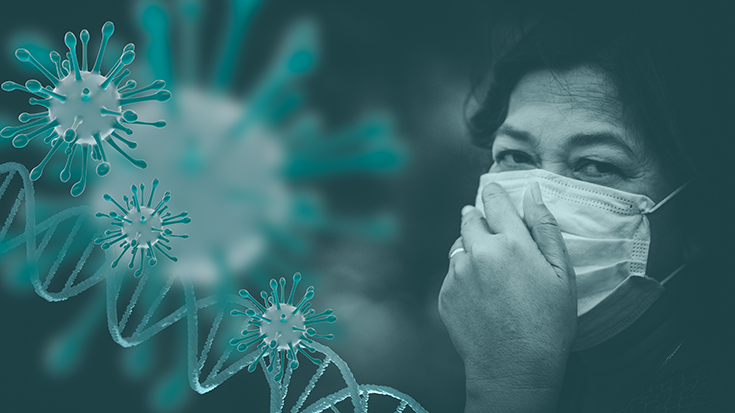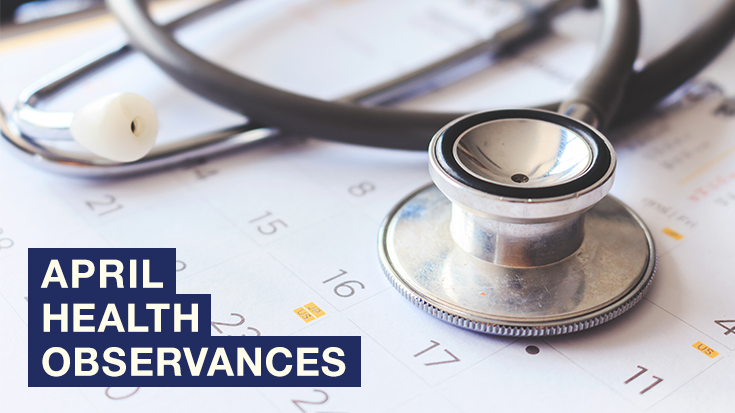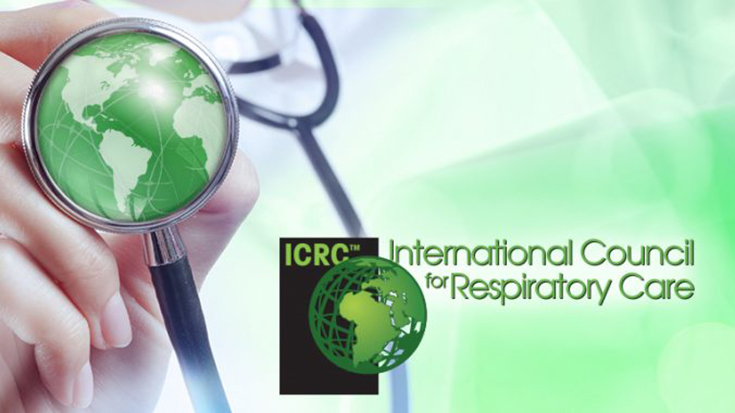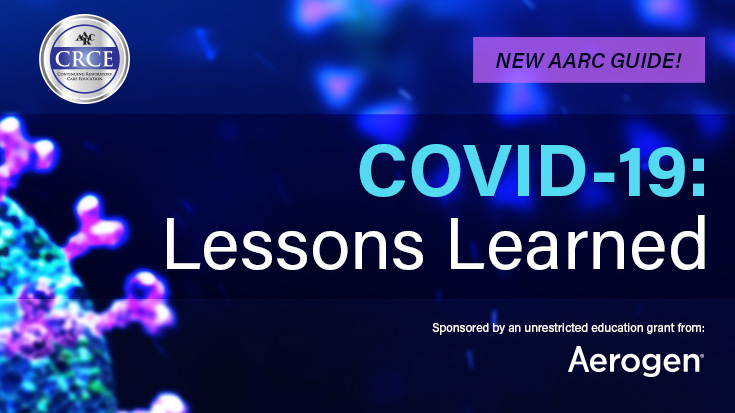
Responding to COVID-19 in India
The first case of COVID-19 in India was confirmed on January 30, 2020. As of August 10, 2021, the Ministry of Health and Family Welfare, India, has verified an overall 31,812,114 cases, 41,1076 active cases, 30,974,748 recoveries, and 426,290 deaths in the country.3 This pandemic has brought along some grievous and unprecedented educational, socio-economic, and other day-to-day challenges, making the situation much more difficult physically, emotionally, and psychologically. However, the government at all levels has reacted quickly. They applied an area-based approach in policy updates. They also implemented national and subnational measures in response to the COVID-19 crisis, which acted swiftly and coordinated with a global response plan to fight the pandemic, preventing the worsening of crisis at home and around the world.
From the beginning, authorities realized the tidal wave that was rapidly engulfing the world would inevitably sweep through the country. Therefore, the Government of India (GOI) strictly enforced the practice of social distancing and implemented a nationwide lockdown to help deter the spread of the virus. The country focused mainly on diligent screening of incoming passengers. They enforced quarantining, focused testing, isolation of cases, expansion of hospital beds with oxygen supply and facilities, and contact tracing. However, the emergence and rapid spread of the COVID-19 second wave in February 2021 posed increasing challenges that had not been observed the previous wave.
Despite well disseminated international guidelines for managing COVID-19, there are unique challenges to delivering Respiratory and Critical Care in India. This is largely due to its diversity in cultures, systems, health care access, and economic disparities. Another critical challenge the pandemic has highlighted is the lack of skilled professionals such as doctors, nurses, respiratory therapists, other allied health professionals, and support workers across the spectrum of health care. Additionally, there was a shortage of oxygen and a lack of primary resources.7
Respiratory Care in India
In India, respiratory therapists (RTs) have evolved and grown in hospitals and notably in critical care units. Even though this is an undeniable fact and remains relevant, a broadening scope within the profession emerged at a faster pace. For the past 25 years, and continuing still, the profession has advanced across all health care settings, and RTs are now practicing in new areas with new roles and responsibilities.2 RTs are now considered treasured partners by other health care professionals and members of the multidisciplinary team; indeed, many of them are highly dependent on RTs. The treatments and care RTs give often make the difference in the sickest of the sick patients.
During the COVID-19 pandemic, RTs continued to run the ventilators that kept many COVID-19 patients alive, and there is an increasing public awareness of this profession. However, there remains an extreme shortage of trained RTs and widespread recognition
The field of respiratory care probably owes its existence, in part, to innovation with research and professional enhancement such as master’s and doctorate degrees.4 Despite this, we recently learned from health care facilities in our country had not recognized this talent. Moreover, government authorities have failed to readily translate RT proficiency into efficient integration of patient care management during the COVID-19 period.1
Indian-trained RTs have been at the forefront in providing evidence-based patient care resulting in incredible action in science, research, control, and prevention of lung disease in many neighboring countries, especially in the gulf region. There they are highly valued for the exceptional skills they possess during the most critical times.
In India, tertiary care and acute care hospitals presently have a huge requirement of RTs, while only about 200-400 new therapists are graduating per year. As a result, shortages are projected to rise through the coming years.
The Indian Association for Respiratory Care (IARC)
We recognize the need for increasing the number of respiratory therapists with advanced training and education to meet the demands of providing multifaceted services and advanced patient management.5 The Indian Association of Respiratory Care (IARC) calls for further steps to encourage the development of additional bachelor’s degree programs in respiratory therapy and an expansion of master’s degree programs in respiratory therapy for leadership development in management education research and clinical practice. Therefore, it is essential for medical, educational facilities, government authorities, policymakers to focus and substantially consider assimilating new RT courses into their academic programs.6 Current RT students are supervised with clinical involvements and grow with opportunities to perform patient management skills acquired through proper clinical practice.
To better advocate Indian RTs in acute care, IARC and the Indian Society of Critical Care Medicine (ISCCM) joined hands to offer the one-year residential fellowship program, the Fellowship in Advanced Respiratory Care in Adult Critical Care (FARC-ACC). This program provides a 360-degree involvement of RTs in the areas of multidisciplinary critical care. The program gained massive attention from the medical fraternity due to its comprehensive & structured curriculum and way of delivery.
IARC, as the sole professional body for the practicing, qualified RTs in India. Together with its academic wing, the Indian Academy of Respiratory Care, has taken enormous steps to support the health care system in terms of training, material supply, and volunteering assistance to the current workforce. The Academic Team has organized 38+ live webinars on various and pertinent aspects related to COVID-19 respiratory care practices, accounting for an average of two to three webinars per month since March 2020 for absolutely free of cost focussing on the peripheral centers. The Academy also launched a two-day certificate course named “Fundamentals of Respiratory Care in COVID-19,” conducted in collaboration with well-reputed universities of India. More than 5,000 health care providers directly benefitted from this certificate course. In addition, a few RTs from Kerala (A state in the southern part of India) jointly set up a mini-ICU in one of the rural areas with a transport ventilator facility in ambulances. They provided extensive training for the physicians, nurses, and other health care staff regarding the basic respiratory care maneuvers.
International Council for Respiratory Care (ICRC) Support in India
As the Governor of the International Council for Respiratory Care (ICRC) for India, I learned that working in this rapidly changing situation required our societal adaptability as a part of the leadership team and to balance the demand at the community level. The academic wing of IARC was incredibly engaged and adapted at a pace that I hadn’t anticipated. Furthermore, the urgent need for meaningful delivery of the training, as mentioned earlier, brought a degree of collaboration with many organizations. This overrode some traditional issues of acceptance and the concept of trust, and ‘sharing is caring’ got reflected as the most remarkable outcome.
The ICRC and Daniel Rowley, ICRC president, played a significant role in coordinating the international RT community in supporting the RT workforce in India. As a result, it emerged with the vital understanding that when humankind is faced with a global crisis, it is our responsibility to act in the best interests of our colleagues, our country’s citizens, and the entire world.
Rowley’s fast responses, letters, and communications significantly impacted uniting the member countries and delivering the academic events for the practitioners in India blended with an international flavor. The Canadian Society of Respiratory Care (CSRT) and Dr. Andrew West, ICRC Governor for Canada, were among the first responders to the call for support by ICRC. They appointed two representatives to coordinate the live Q&A online service for the equipment and supplies provided to India through the Canadian government.
Moreover, the CSRT provided a list of virtual consultants (Canadian RTs) for the international RTs as they managed COVID-19 patients to help them consider therapeutic options that may be available. In addition, the CSRT opened the access for Indian RTs to the “CSRT COVID-19 resource repository,” this information has been available to all Canadian RTs since the beginning of the pandemic to support their practice. Furthermore, the CSRT has provided open access to several of its rapid online courses developed by international experts in the field, including the basics of mechanical ventilation and ventilation of COVID-19 patients. We disseminated all materials to clinicians across the country through various governmental and non-governmental platforms.
Meeting the Challenges with Solutions
When there comes a challenge of addressing the shortage of skilled health care professionals, IARC formulated a volunteering RT pool and registered them in a specific government portal called “COVID-WARRIORS.” In addition, we developed an identical pool of students above the second year or level 4 to final year and interns. They received intense module-based training on COVID-19 and basic respiratory care management. As a result, a broad network of international respiratory therapists and an overseas workforce of the Indian RTs lined up behind the Indian Academy of Respiratory Care for the successful conduct of this massive empowerment drive.
The Government of India launched a mobile application tool for the common public awareness about the spread of COVID-19 called the ArogyaSetu mobile application. Additionally, the government introduced a training module for the management of COVID-19 called iGOT – The Integrated Government Online Training. The portal aims to enhance the capacity building of front-line workers to handle the pandemic efficiently.
A Thematic Expert Group is being constituted under the Ministry of Health and Family Welfare, GOI, to manage the COVID-19 situation. The mandate of this Thematic Expert Group was to develop and finalize training content for iGOT platform and appropriate dissemination for a more robust response to any upcoming surge in the pandemic. This Thematic Group comprises subject experts in respective domains from across the country. For the first time in history, the respiratory therapy profession is formally recognized and included in this expert group. This platform is already in use by more than 10 million teachers and students across 30 states and union territories. (https://diksha.gov.in/igot/). The expert group and members of the Indian Academy of Respiratory Care board are working closely with this team to develop, review, and reform the training modules related to respiratory care, which brought tremendous recognition and opportunities for the profession.
Junior RT and the senior RT student groups were predominantly suffering from depression due to fear, panic, and false information, leading to poor compliance to the nationwide call for skilled professional services. Concerned with this, IARC set up a support center that functioned as a call center where senior officials were always available to assist the respiratory therapists in the clinical field, improve their mental health, and boost their morale. This call center also functioned as a national helpdesk for respiratory therapy services.
The Indian Journal of Respiratory Care (IJRC, www.ijrc.in ), the official journal of IARC, published a special supplemental issue of COVID-19 in April 2021, probably the first of its kind globally. The editorial team led by Dr. Anita Nileshwar has been hard at work repurposing and disseminating the journal resources for front-line health care workers to use in their COVID-19 response efforts through more than 14 practical guidelines and recommendations in this special edition. Over the past year, the journal has achieved a commendable pace by increasing the number of issues to three per year and approaching full indexing.
Growth of RT as a Result of COVID-19
The pandemic and its related complications proved that respiratory therapy has room for impressive growth; promoting the practice is vital. RTs are accountable for having a significant role in advancing the profession to intensive care units.5 I would rather say that many of the things that we, Indian RTs, have discussed for years were achieved considerably in a brief period. Some of them include the Establishment of the Academy, curriculum development, online course development, policymaking, and formulating the resources for offering an RT education program. In addition to this, the list continues with the Fundamentals of Critical Care in Respiratory Therapy (FCCRT) certificate course and the Honorary Fellowship of IARC (Fellow of the Indian Association of Respiratory Care or FIARC). As a result of the pandemic, many reputed medical institutions and universities approached the IARC to initiate formal bachelor’s, master’s, and doctorate programs in Respiratory Therapy.
So, COVID-19, like many other crises, was required as a catalyst for acceptance. It is time to elevate this profession as a part of the core of medical professions in India.6 India’s front-line health care professionals, including RTs, are already engaged in the COVID-19 task force doing a commendable job. However, a more considerable labor force is desirable to substitute the first line and confront the exponential or geometric increase in positive COVID-19 cases in the subsequent pandemic phases without forgetting the harsh lessons we learned from the last year.
References
- Sawadkar MM, Nayak VR. Respiratory therapists: the unnoticed warriors during COVID-19 pandemic in India. Canadian Journal of Respiratory Therapy : CJRT = Revue Canadienne de la Therapie Respiratoire : RCTR. 2020 ;56:57. DOI: 10.29390/cjrt-2020-044.
- Seedharan JK, Varghese S. Twenty-five years of excellence; respiratory therapy in India – past, present, and future. Indian J Respir Care 2020;9:5–11. 10.4103/ijrc.ijrc_62_19.
- Ministry of Human Resource Development, Department of Higher Education All India survey on higher education. 2019. Available at: https://mhrd.gov.in/aishe-report-2018-19 (Accessed August 5, 2021).
- Shevade MS, Yeravdekar RC, Salvi SS. A cross-sectional survey of practice patterns and selected demographics of respiratory therapists in India. Respiratory Care 2020. August 18 10.4187/respcare.07823.
- Karthika M, Wong D, Nair SG, Pillai LV, Mathew CS. Lung Ultrasound: The Emerging Role of Respiratory Therapists. Respir Care. 2019 Feb;64(2):217-229. doi: 10.4187/respcare.06179. Epub 2019 January 15. PMID: 30647101.
- Sreedharan JK, Nair SG. Fostering quality in respiratory therapy education – A need of the hour. Indian J Respir Care 2021;10:167-8.
- Karan, A., Negandhi, H., Hussain, S. et al. Size, composition and distribution of health workforce in India: why, and where to invest?. Hum Resour Health 19, 39 (2021). https://doi.org/10.1186/s12960-021-00575-2.
Email newsroom@aarc.org with questions or comments, we’d love to hear from you.















